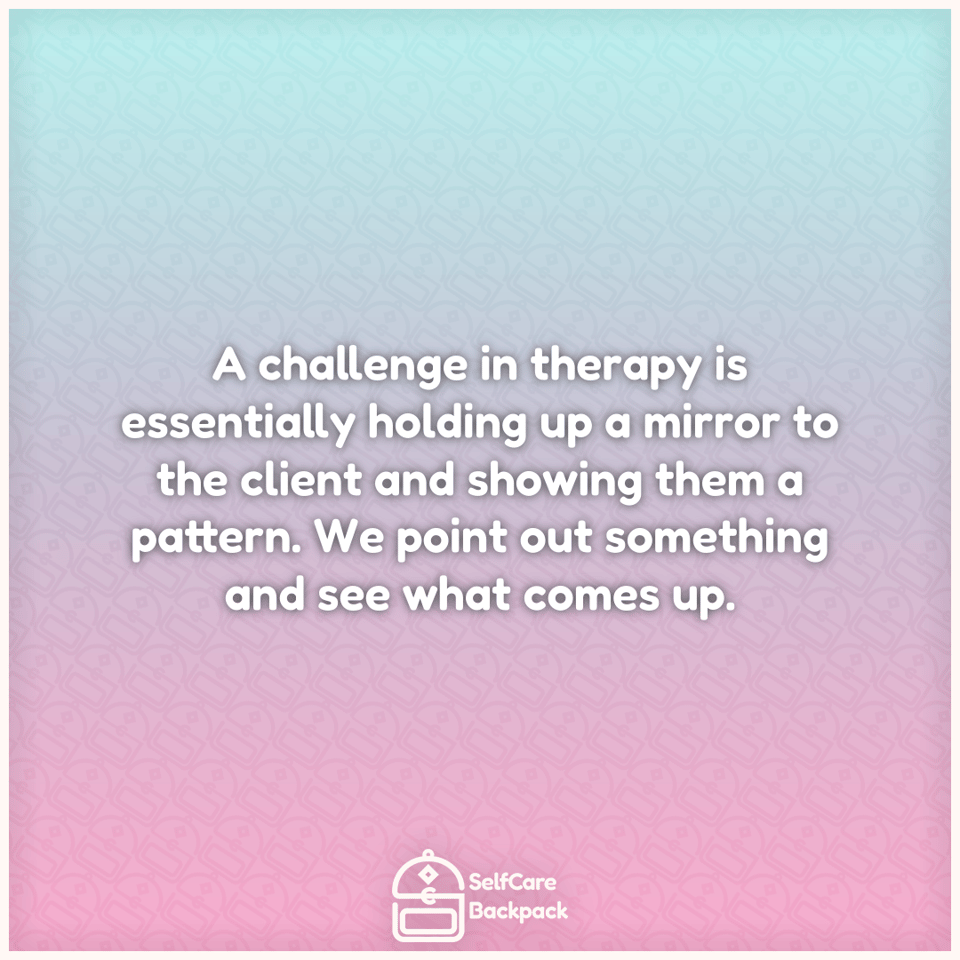I don’t want to pay someone to just agree with me
Programming note: I am dealing with some health stuff that will be fine, but is affecting my fatigue levels while I’m going through the tests and everything that comes with it. I’m trying to get ahead on the newsletter while waiting for results to come through, but if I miss a week, I apologise in advance <3
“I don’t want to pay someone to just agree with me.”
This is a surprisingly common refrain I hear for people who are dismissing therapy.
I don’t know every therapist or therapy model, but at least from my own experiences and from talking to other therapists, blind affirmation and agreement with what the client is saying is rare.

When I talk about unconditional positive regard, it’s closer to acceptance and non-judgment. The client can say what they need to or want to in the session, with confidence that we will accept it, and keep it confidential (unless it falls under the reasons we need to break confidentiality, which is set out in the first session). This gives them space to explore things they might not have done before, due to people’s reactions, or fear of people’s reactions.
From the client side, it allowed me to explore my feelings around my relationship with my family, with alcohol, with myself, in a way that was messy and raw, knowing I wouldn’t have to defend or explain myself unless I wanted to. It removes the pressure to make sense, to put a narrative together, and instead follow my thoughts and feelings more closely.
The default assumption is that a person’s behaviour is serving something. The behaviour might not be helpful, might be destructive, but it’s serving something within them. The unconditional positive regard gives that person space to air these behaviours out and dig up the reasons underneath them.
Relatedly, changing any behaviour is difficult and often blips/relapses/etc happen. Again, having this space of acceptance and non-judgement gives people space to talk openly about what caused them to repeat behaviour they want to change, and find ways to get the support they need to make these changes.
People beat themselves up all the time, they don’t need me to judge them.
This doesn’t mean my therapist never challenges me, or that I will never challenge someone as a therapist, it just looks different.
A challenge in therapy is essentially holding up a mirror to the client and showing them a pattern. We point out something and see what comes up.
For example: if a client mentions feeling sad multiple times, but avoids exploring the reasons for that sadness, then we might say ‘I’ve noticed that you’ve mentioned feeling sad a couple of times, but have avoided exploring it, what’s going on there?’ and let the client respond.
It’s gentle, but it’s there. It’s about showing them a door. The client still has to open it, but the therapist won’t let them walk past it without pointing it out.
Sometimes the client genuinely hasn’t seen it. It’s not in their awareness, or it’s become part of the scenery and it takes a fresh set of eyes to point it out.
Sometimes the client knows, but isn’t ready to step through the door yet. We’re not going to push, because autonomy is a key part of person centred counselling, but we don’t pass without saying anything.
“the more I can keep a relationship free of judgment and evaluation, the more this will permit the other person to reach the point where [they] recognize that the locus of evaluation, the center of responsibility, lie within [themselves].” Carl R. Rogers
When someone isn’t trying to prove themselves to you, or trying to walk the line between honesty and being liked, they can start turning inward. When they can trust that the person in front of them will accept anything they say, the only judgement comes from within. Then they can start to work on what their inner judgement is saying, why it’s saying that, and if it’s even theirs to begin with.
That’s why unconditional positive regard is important.
Add a comment: